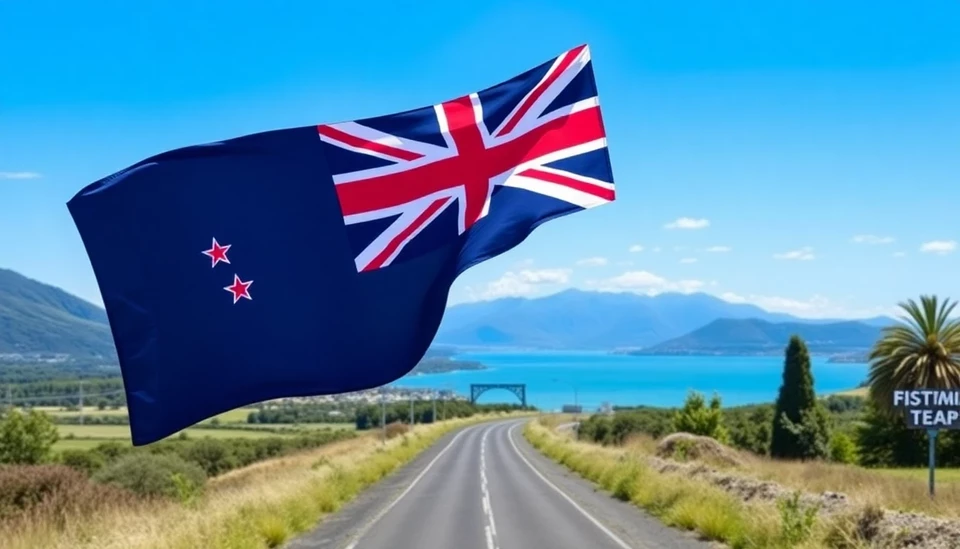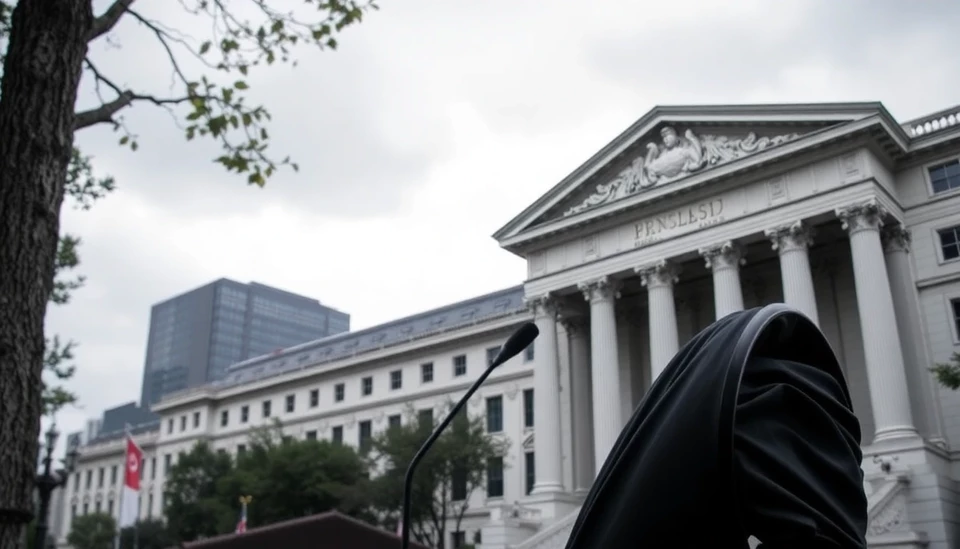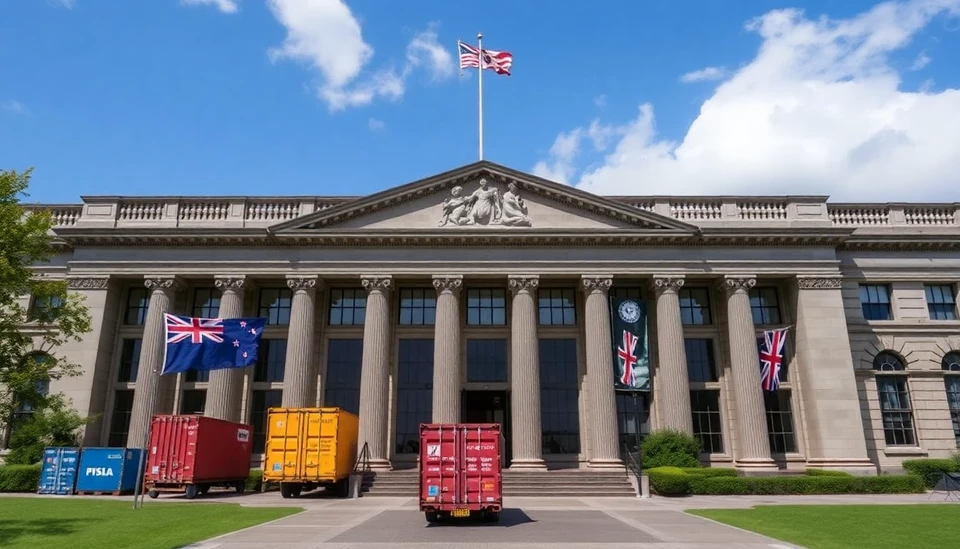
In a recent announcement, New Zealand's government underscored that its ongoing economic recovery is being significantly hampered by tariffs imposed by the United States. The situation stems from a broader context of trade tensions that have developed between major economies over the last few years, leading to increased costs and diminished competitiveness for businesses reliant on exports.
New Zealand’s Finance Minister, Grant Robertson, articulated concerns aimed at Washington’s tariff strategy, arguing that the protective measures put in place by the US have resulted in higher prices for consumers, as well as constraining opportunities for growth within the New Zealand economy. With the restrictions focusing largely on agricultural products—one of New Zealand's primary exports—local farmers and exporters are feeling the weight of these economic barriers more than ever.
The tariffs, established as part of a broader US trade policy direction, have created a difficult environment for New Zealand producers who strive to maintain their foothold in competitive global markets. The response in Wellington has been to engage in diplomatic talks to push for the reduction or removal of these tariffs, reflecting New Zealand's commitment to free trade principles.
As part of its economic strategy, the government is actively seeking new trade partnerships and routes for diversification. However, officials acknowledge that overcoming the hurdles imposed by US trade policy is critical to achieving desired growth targets. The New Zealand economy has shown resilience in bouncing back from pandemic-induced slowdowns, but external pressures from tariffs have raised alarms regarding the speed and sustainability of the recovery.
Robertson's statement also included a call for the US to consider the broader implications of its tariff regime, not just for New Zealand but for global trade dynamics. He emphasized the role that coherence in trade policies plays in fostering international relationships and facilitating mutual economic advancements.
As the conversation around trade continues to evolve, New Zealand’s government remains committed to ensuring that it navigates these economic headwinds with a balanced approach aimed at protecting its domestic industries while maintaining robust international ties.
The situation presents a complex challenge for New Zealand, highlighting the intricate interplay of global economics and the profound impact of national trade policies on international partners. As negotiations around tariffs progress, industry stakeholders will be closely monitoring developments that could ultimately reshape the economic landscape for New Zealand.
In conclusion, while New Zealand looks to strengthen its economic recovery strategies, the influence of US tariffs continues to loom large, calling for a concerted effort from both nations to arrive at solutions that bolster trade viability in the long run.
#NewZealandEconomy #USATariffs #TradeRelations #EconomicChallenges
Author: Daniel Foster




